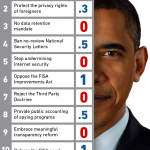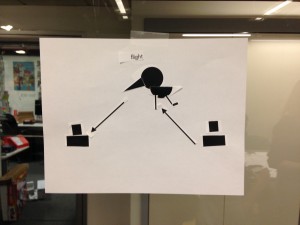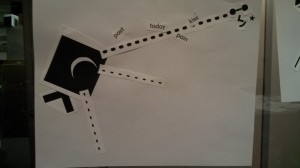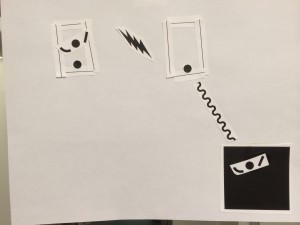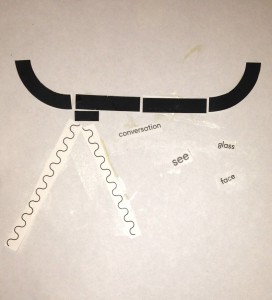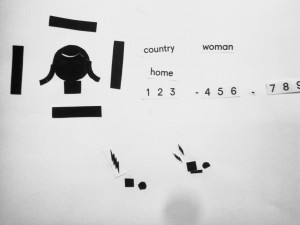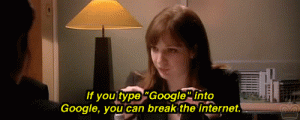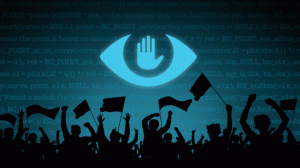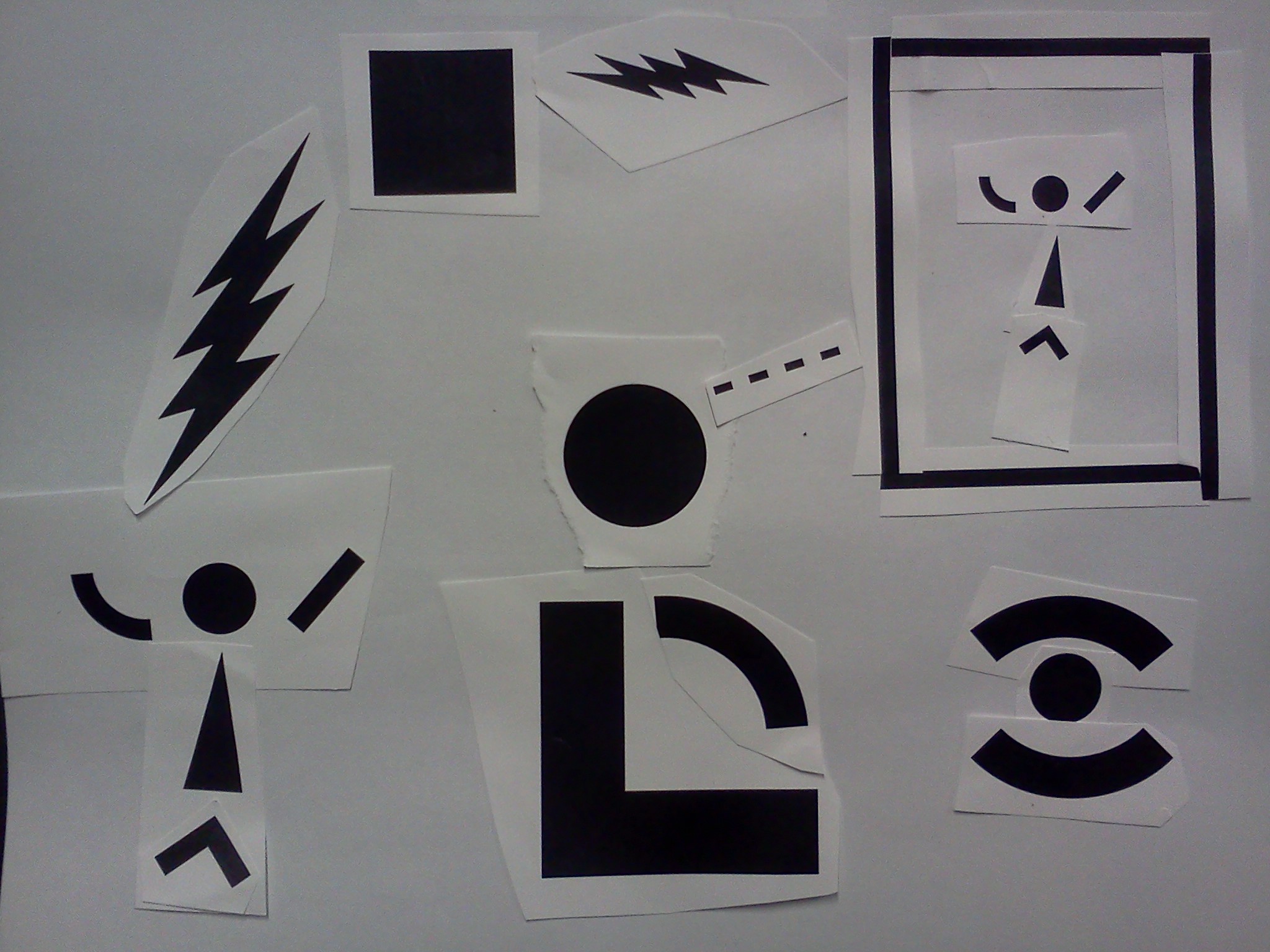
Hi, I’m Nushelle, a first-year SMArchS (Master of Science in Architectural Studies) in HTC (History, Theory and Criticism of Architecture and Art). You can see why we use all the acronyms! When I first became interested in architecture, I was most compelled by its potential for reconstruction, reconciliation, and peace-making, especially in the aftermath of the Sri Lankan Civil War. My research interests coalesce around themes like the relationship between design and politics, anti-monuments and counter-memorials, and (because of my love of theatre) the intersections between architecture and performance. I’ve always been very interested in storytelling (I’m an avid listener of The Moth!), and I recently realised that there are a lot of projects that use the power of stories to inspire collective action, encourage reconciliation, and simply make people stop and think. This is one reason why I became interested in this course, because I was interested in working on a project that worked with a community rather than just for it. I’m also particularly interested in the theme of surveillance, because even in the aftermath of the Civil War, Sri Lanka is still highly militarised.
Although I don’t often take part in protests, I read through www.thedaywefightback.org today, posted the link on Facebook and Twitter, and added the banner to two of my blogs. It felt like I had really done nothing at all, so I decided that since this campaign seems to be a lot about creating awareness about privacy issues, I would try to learn more about different aspects of the issue. I had only a rudimentary understanding of the Aaron Swartz case, and began to appreciate more the work he did on reading more about him. I also hadn’t heard of a cryptoparty before – apparently there was one on Sunday at Northeastern University! These seem really useful, and fit in with the apps being developed by the Codesign partner organisations.
Taking part in an online campaign, at least for me, means your collaborators and audience invisible, so it feels that either you didn’t do very much (which is how I felt) or that you’re doing it alone. Mostly, the protest was a reason for me to meditate on the things we take for granted or try not to think about because we’re so busy just trying to get through the day. One of the little factoids on the campaign banner was that the NSA can collect data through mobile apps, even Angry Birds. While that sounds ludicrous, it also means that they can collect information on my location through the pedometer app on my phone. The sheer volume of possible collectible information is mind-boggling, so my brain tends to shut down instead of really thinking about how the internet is suddenly this virtual Panopticon for the NSA. It takes effort to think about this issue, and it is deeply uncomfortable, especially for a person who is as private as I am. Thinking about today’s campaign made me realise why there wasn’t more of a public outcry after the Snowden leak – it’s almost too much to process. It also highlighted the importance of long-term projects that can help people to actually process the idea so that they can feel strongly enough to get on board.
I was also reminded of some photos that a student brought in to class last semester from a book, showing the Stasi dressed up as tourists to blend in, or of people’s rooms before they combed through the contents so that they could return the rooms to normal before their occupants got home (you can see some of these pictures here). The book gives the reader a sense of what Big Brother actually sees when he is watching. The whole thing sounds ridiculous and hilarious because it’s in another time and place, but it’s more chilling when you realise that something similar is taking place here and now.
Participating in today’s campaign got me thinking about how I’ve ignored the issue because it seems too big to process, and how civic media projects might help people to actually break down that information and process it, and be moved to act on it.
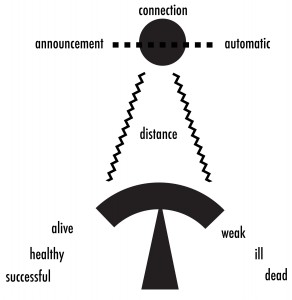 Hello! My name is Pia and I’m a graduate student in the Interactive Telecommunications Program at New York University. The image above is a visualization of the possibilities of Automatic Packet Reporting System (APRS) for emergency communications, which, is the subject of my thesis.
Hello! My name is Pia and I’m a graduate student in the Interactive Telecommunications Program at New York University. The image above is a visualization of the possibilities of Automatic Packet Reporting System (APRS) for emergency communications, which, is the subject of my thesis.